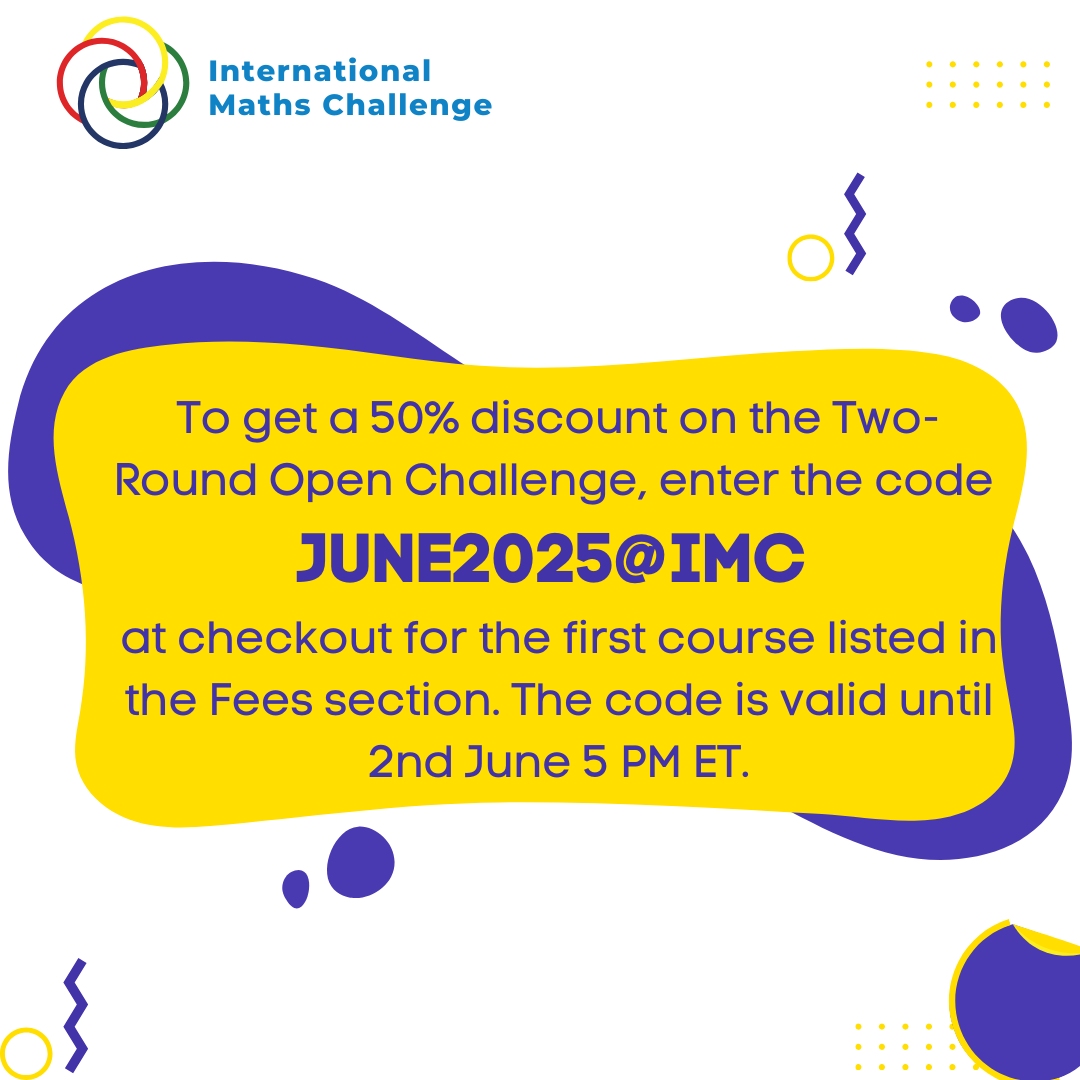
The classic “secretary problem” involves interviewing job candidates in a random order. Candidates are interviewed one by one, and the interviewer ranks them. After each interview, the interviewer must either accept or reject the candidate. If they accept a candidate, the process stops; otherwise, the next candidate is interviewed and so on.
Of course, if a candidate is accepted, then a subsequent candidate who may well be better suited to the job will never be interviewed and so is never selected. Nevertheless, the goal is to maximize the probability of selecting the best candidate.
Since its introduction in the 1950s, this problem has been researched extensively because it is a fundamental example of optimal stopping problems. Many variants of the problem, such as multiple choices, regret-permit, and weighted versions, have been studied.
Research published in the International Journal of Mathematics in Operational Research has looked at a variant of the secretary problem.
Yu Wu of Southwest Jiaotong University in Chengdu, Sichuan, China, explains that in this variant the interviewer has a “look-ahead privilege” and can see some of the details regarding subsequent candidates before making a decision about the current interviewee at each step. Wu defines the degree of look-ahead privilege as the number of candidates interviewed between the first interview and the final decision.
In one sense, this version of the problem is a more realistic sequential interviewing scenario wherein the interviewer may well have seen the resumes of all candidates or perhaps even have met them all before the interviewing process begins.
This contrasts with the blind sequential interviewing of the classic problem and allows a decision to be deferred until subsequent candidates have been interviewed.
It should therefore allow a better decision to be made regarding the choice of candidate who is offered the job. This is the first time this variant has been studied in detail in this way.
Wu has proposed a general optimal decision strategy framework to maximize the probability of selecting the best candidate. He focuses on a specific look-ahead privilege structure, applying the strategy framework to derive a closed-form probability of success.
This provides for an optimal strategy. Computational experiments have been carried out to explore the relationships between the various factors in the process and to show how this variant of the problem can be solved.
For more such insights, log into our website https://international-maths-challenge.com
Credit of the article given to David Bradley, Inderscience

